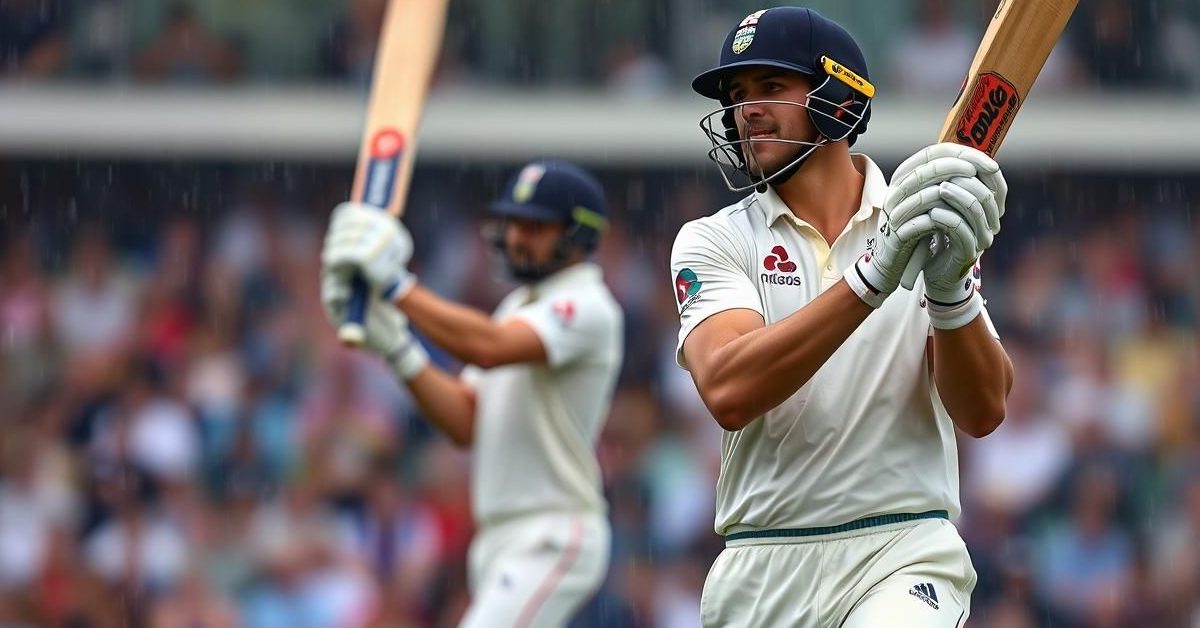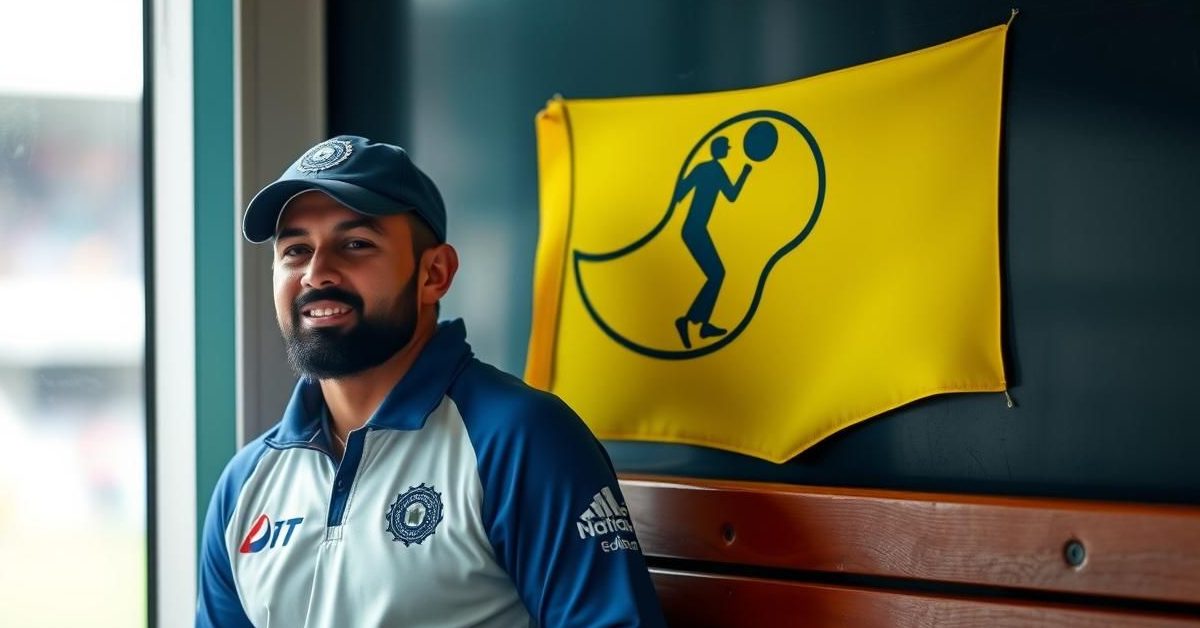Recent chess tournaments are experimenting with live audiences and on-screen evaluation bars, sparking a heated debate among players about fair play and the future of the sport.
A New Roar in the Chess Hall
Imagine a tense chess endgame, and suddenly, a loud gasp sweeps through the arena. This exact scene played out during the Freestyle Chess Grand Slam Tour in Las Vegas, as Magnus Carlsen made a critical blunder against Wesley So.
This tournament introduced a controversial setup: live audiences could watch the games while seeing a real-time “eval bar” (which shows who has the advantage) and listening to live commentary. While players wore noise-cancelling headphones, the audience’s reactions were often still audible.
Top Players Speak Out
Many top chess players, including the usually measured Fabiano Caruana, voiced strong criticism. Caruana openly slammed the organizers, stating that the loud audience reactions interfered with concentration, especially during rapid games where every second counts.
He recounted a specific moment in his game against Hikaru Nakamura where audience “screaming” disrupted his focus, leading to blunders from both players. Caruana argued that such external interference undermines the integrity of the game, despite players wearing headphones.
Tradition of Silence vs. Spectacle
Traditionally, chess tournaments are known for their pin-drop silence. Spectators are expected to be absolutely quiet, with even whispers drawing stern looks. This strict environment is crucial because any external reaction, like a gasp, can inadvertently signal a critical move or an opponent’s mistake to a player.
The Freestyle Chess event aimed to make chess more engaging and accessible to a wider audience, hoping to boost ticket sales and turn it into a true spectator sport. However, this approach seems to have backfired, highlighting a fundamental conflict between entertainment and the sport’s core principles.
Fair Play Under Threat
The concern isn’t just about distractions; it’s about fair play. Chess has a history of cheating scandals, even involving subtle signals. Players undergo rigorous security checks before games, making the idea of neutral fans inadvertently providing information through their reactions seem absurd.
Major events like the World Championship already place players in sound-proof, one-way glass rooms to eliminate any external influence. This standard exists precisely to maintain a level playing field where skill and strategy are the only deciding factors.
The Future of Chess Engagement
While acknowledging the desire to monetize chess and broaden its appeal, players like Caruana suggest alternative approaches. Instead of relying on live ticket sales with an interactive audience, he proposes selling broadcasting rights to major streaming platforms like Amazon Prime or Netflix, preserving the quiet, focused environment essential for high-level competition.
- Audience access to eval bars and commentary created distracting noise at a recent chess tournament.
- Top players like Fabiano Caruana reported interference, even with noise-cancelling headphones.
- This experiment contrasts sharply with chess’s traditional quiet environment, which is crucial for fair play.
- Critics argue that audience reactions can inadvertently provide critical game information.
- Many believe the integrity of the game should prioritize over attempts to make it a noisy spectator sport.
As chess continues to grow and explore new formats, the debate over audience interaction and its impact on fair play will undoubtedly intensify, with many in the chess world advocating for silence above all else.













